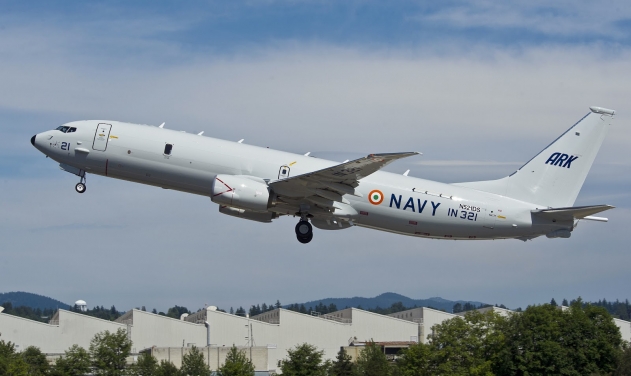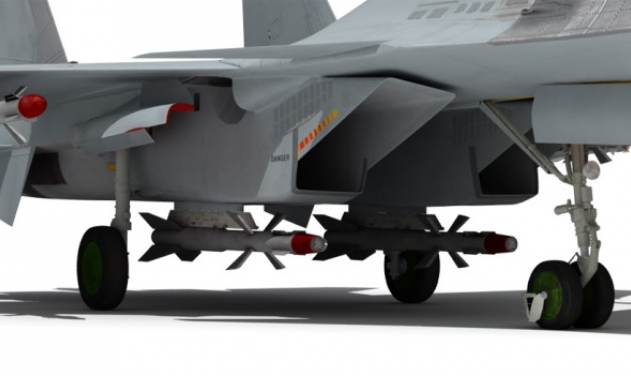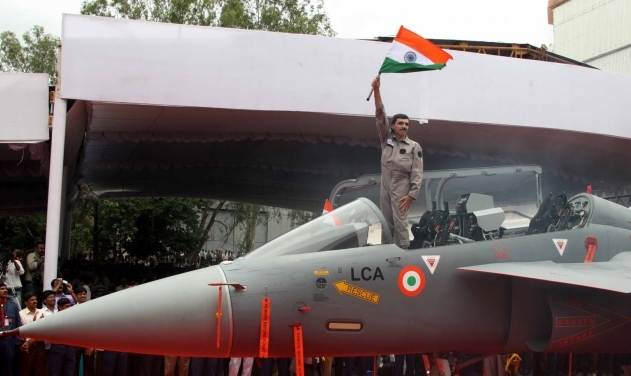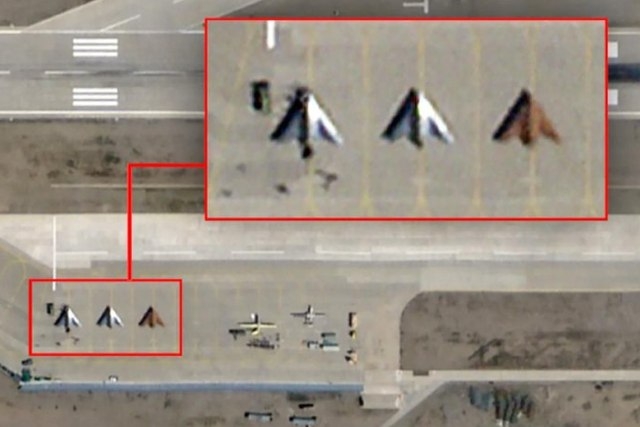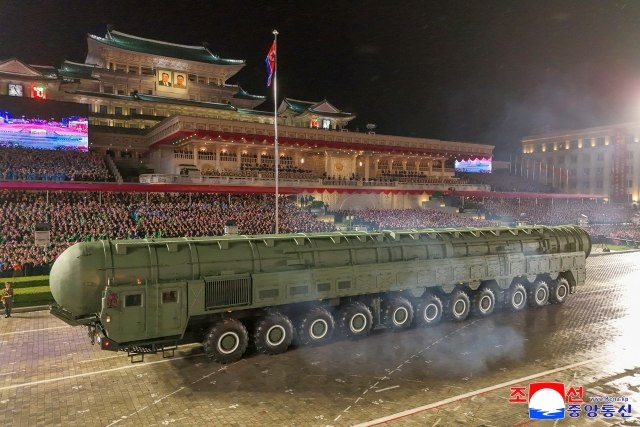India Likely To Expand Partnership With UAE On Counter-terrorism
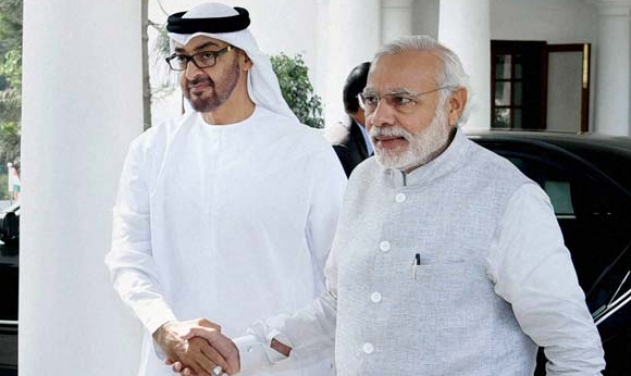
India is eyeing to expand counter-terrorism cooperation with the United Arab Emirates (UAE) during a visit by crown prince of Abu Dhabi, Sheikh Mohammed bin Zayed al Nahyan, this week.
Sheikh Zayed, who is also the supreme commander of the UAE armed forces, will be the chief guest at the Republic Day parade on 26 January, New Indian Express reported today.
He is only the second leader from the Gulf region to be the chief guest at the Republic Day parade after the late king Abdullah of Saudi Arabia in 2006.
During Sheikh Zayed’s visit to New Delhi, UAE which was once seen as a key strategic ally of Pakistan is now certain of finding common ground on the subjects, against the backdrop of the deaths of five UAE diplomats in a terrorist attack in Kandahar earlier this month.
Five agreements, including one on infrastructure, road and maritime transport, are expected to be signed, bolstering economic ties that rest on a strong energy relationship. The UAE is one of India’s top five sources of energy.
The overall strengthening of ties is expected to take place under the umbrella of a Comprehensive Strategic Partnership (CSP) agreement that is expected to be concluded during Sheikh Zayed’s visit starting on Tuesday.
Since taking office in May 2014, Prime Minister Narendra Modi has visited several countries in the Gulf and the UAE was the first in August 2015. Modi later visited Saudi Arabia and Qatar besides Iran. “Strengthening cooperation with all the countries in the Gulf region is part of India’s ‘Look West’ policy,” said a person familiar with the developments.
“Ties with the UAE are an integral component of this. The invitation (to Sheikh Zayed) to be the chief guest at the Republic Day parade underlines India’s commitment to strengthening ties with the UAE and the region in general which is a key source of energy, hosts millions of Indian workers, is a crucial source of investments and a valued partner in the strategic sense,” the person cited above said.
According to a Moody’s investors service report last year, India gets 52.1% of its remittances from the Gulf nations. In 2015-16, India’s exports to the six Gulf Cooperation Council countries (Saudi Arabia, the UAE, Oman, Bahrain, Kuwait and Qatar) totalled $ 41.71 billion.
“Counter-terrorism cooperation and boosting defence ties will be a significant component of the CSP,” a second person said.
This is significant as it comes amid reports of a slide in ties between the UAE and Pakistan following the killings in Afghanistan.
Afghan authorities were quoted saying that Pakistan’s Inter-Services Intelligence and the Pakistan-based Haqqani network were behind the 10 January terrorist attack. This was a rare instance of UAE diplomats being targeted on foreign soil, according to news reports from Dubai.
Pakistan-UAE ties were already tense following Islamabad’s decision in 2015 to stay out of a multinational force to take on the Shia Houthi group in Yemen. This was following a request from King Salman of Saudi Arabia.
The UAE was also one of the first countries to condemn the Pathankot and Uri terrorist attacks in India last year. India is also looking at the UAE as an export destination for defence equipment.
Increased bilateral military training and exercises are also expected to be part of the CSP, another official said.

